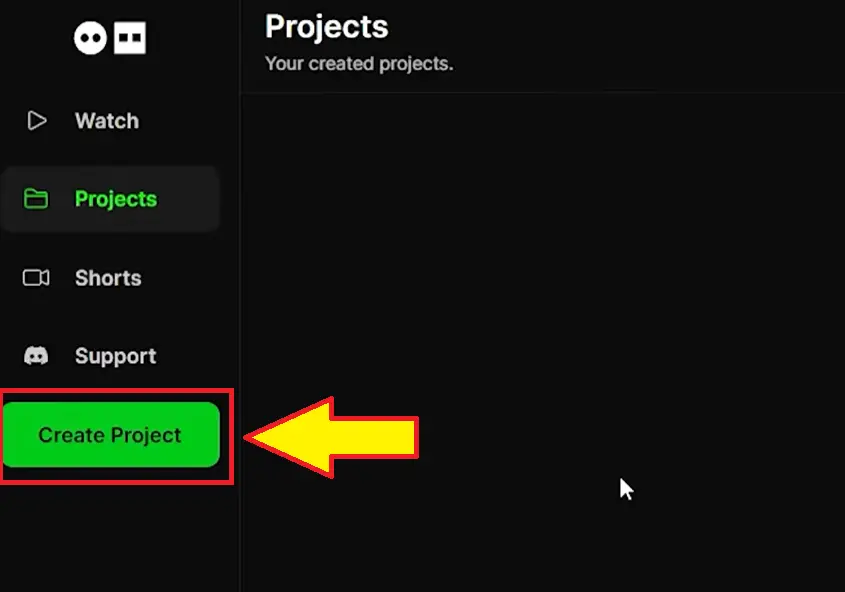Navigating the world of artificial intelligence tools for SEO can be overwhelming, especially with the variety of platforms claiming to deliver powerful results. While AI has revolutionized the digital marketing space, selecting the wrong tool or using it incorrectly can negatively impact a website’s SEO performance. This article explores the most common pitfalls encountered when choosing an AI tool for SEO—along with practical tips on how to avoid them.
TLDR:
Choosing the right AI tool for your SEO strategy requires a blend of technical knowledge, realistic expectations, and an understanding of your specific needs. Many fall into traps such as prioritizing popularity over performance or underestimating hidden costs. Avoiding these pitfalls begins with aligning business goals with tool capabilities, vetting reliability, and considering long-term scalability. Careful research and a trial-based approach are key to picking the best AI companion for your SEO efforts.
1. Prioritizing Hype Over Functionality
With the constant buzz around AI, it’s easy to be swayed by flashy marketing claims and feature-heavy platforms. Businesses often assume that the most marketed AI tool is automatically the best. However, that’s not always the case. Tools that rank first on Google or dominate social media may not cater to specific SEO objectives like local tracking, backlink analysis, or content optimization.
How to avoid it:
- Focus on the tools that solve your specific SEO issues.
- Request demos or use free trials to assess real-world functionality.
- Read independent reviews, ideally from users in your industry or niche.
2. Ignoring Data Privacy and Security Concerns
AI tools often require access to large amounts of data to function optimally. This can pose a threat to privacy and confidentiality, especially for businesses dealing with sensitive customer information. In some cases, lack of compliance with regulations such as GDPR or CCPA can lead to significant legal challenges.
How to avoid it:
- Review the data policy and compliance certifications of the platform.
- Ensure the tool offers data encryption and the option to anonymize data inputs.
- Consult your legal department before integrating the tool at scale.
3. Overlooking the Learning Curve
Not all AI tools are plug-and-play solutions. Some require a steep learning curve and considerable training before they can be effectively integrated into an SEO workflow. This becomes an issue for small teams or those without a dedicated SEO expert on board.

How to avoid it:
- Choose tools with robust documentation and user support.
- Opt for platforms offering onboarding assistance and personalized training.
- Start with pilot projects to manage expectations and gradually expand usage.
4. Depending Solely on AI Recommendations
AI can identify trends, crunch numbers, and generate suggestions—but it lacks the human intuition, creativity, and contextual awareness necessary for some SEO decisions. Over-relying on AI-generated content or blindly following optimization recommendations can lead to penalties from search engines and damage brand authenticity.
How to avoid it:
- Combine AI insights with manual review from SEO professionals.
- Ensure final content maintains a human voice and adheres to E-E-A-T (Experience, Expertise, Authoritativeness, Trustworthiness) guidelines.
- Use AI as a support tool, not a replacement for sound SEO judgment.
5. Not Evaluating the Integration Capabilities
AI SEO tools should function seamlessly alongside existing analytics, CMS, and reporting platforms. Choosing a tool that doesn’t integrate well with your tech stack can result in duplicated tasks or workflow bottlenecks.
How to avoid it:
- Check for native integrations with tools like Google Analytics, SEMrush, Ahrefs, or WordPress.
- Ensure API support is available for custom implementations.
- Discuss integration capabilities with your IT or development team before purchase.
6. Underestimating Hidden Costs
While many AI tools offer entry-level pricing or freemium models, the costs can escalate quickly with premium features, additional users, or higher data-processing levels. Not accounting for these extra expenses can strain the marketing budget.

How to avoid it:
- Understand the full pricing structure, including any tiered features.
- Consider long-term ROI rather than short-term affordability.
- Calculate costs based on expected usage over the next 12–24 months.
7. Neglecting Continuous Evaluation
SEO is a continuously evolving field. An AI tool that delivers strong results today might become obsolete if regular updates are not deployed. Additionally, search engine algorithms frequently change, affecting how AI recommendations align with best practices.
How to avoid it:
- Evaluate tool performance every quarter.
- Pay close attention to update logs and community feedback.
- Keep a short list of alternative tools as a backup in case pivoting is necessary.
8. Failing to Define Success Metrics
Without defining what success looks like, it’s difficult to determine if an AI tool is delivering value. Whether the goal is to increase organic traffic, improve keyword rankings, or drive conversions, vague objectives make ROI assessment challenging.
How to avoid it:
- Set SMART (Specific, Measurable, Achievable, Relevant, Time-bound) goals before implementation.
- Use dashboards and analytics to correlate AI recommendations with SEO performance KPIs.
- Document and compare pre- and post-tool metrics regularly.
Conclusion
AI has unquestionably transformed the SEO landscape by bringing unprecedented levels of automation and data intelligence. However, choosing the wrong AI tool or misusing it can hinder progress instead of facilitating it. By conducting thorough research, setting clear expectations, and continually monitoring tool performance, businesses can harness AI effectively to enhance their SEO strategies without falling into common traps.
FAQ
- Q: Can I rely entirely on AI-driven SEO tools for ranking improvements?
A: No. While AI tools are excellent for insights and automation, human judgment is critical for strategic decisions and content quality. - Q: How do I know if an AI SEO tool is secure?
A: Look for tools that have compliance certifications, data encryption, and transparent privacy policies. - Q: Are free AI SEO tools effective?
A: Many free tools offer valuable features, but may have limitations in functionality, accuracy, or support. Always evaluate them against your needs before committing. - Q: What are essential features to look for in an AI SEO tool?
A: Key features include keyword analysis, content optimization, backlink tracking, integration support, and reliable customer service. - Q: How long should I test an AI tool before fully integrating it?
A: A testing period of 4–6 weeks is usually sufficient to gauge usability, effectiveness, and ROI potential.
